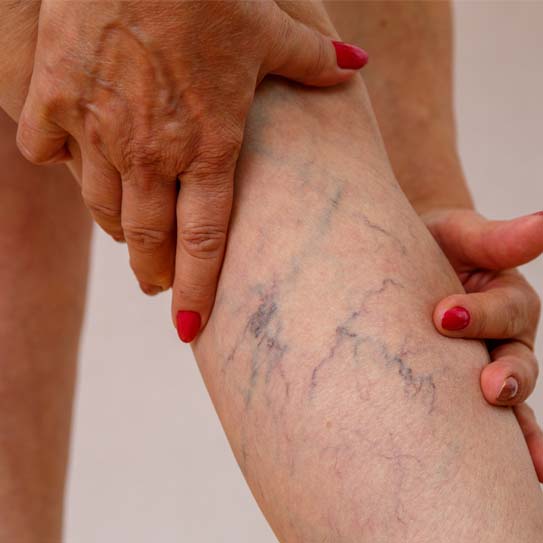The use of medications to stop a pregnancy is known as "medical abortion" or "medical termination of pregnancy." Instead of using surgery to stop a pregnancy, medical abortion uses two separate drugs. Progesterone hormone levels must be quite high throughout pregnancy. The drugs used in this surgery block progesterone's actions and prevent the pregnancy from developing further. As soon as a pregnancy is discovered, a medical abortion can be performed up until the eighth or ninth week of the pregnancy.


Is MTP a secure method?
Abortion with medicine is highly safe. The abortion procedure has no significant risks when carried out under medical supervision.
How successful are medical abortions?
The abortion medication works wonders. The efficacy, though, varies according to how far along you are in your pregnancy at the time you take the medication. About 94–98 out of every 100 instances, the medications function if you are less than 7 weeks pregnant. The technique is successful 94–96 times out of 100 for pregnant women who are 8–9 weeks along. If you are 10 to 11 weeks pregnant, the abortion procedure could be successful 91 to 93 times out of 100. The gynaecologist frequently administers an additional dose of medication, increasing its potency by 100 times. The procedure could be successful 85–87 times out of 100 for expectant women who are 10–11 weeks along.
What exactly is RU-486?
Mifepristone is also known as RU-486, and it is frequently referred to as "the first abortion pill." Progesterone is a hormone that naturally affects the uterus, however RU-486 inhibits this function. This stops the foetus from developing and causes the uterine lining to shed like it happens during a period.
Can you get an abortion after using the pill?
If the first abortion pill, Mifepristone, and not the second abortion pill, is used, the abortion can be stopped. Abortion Pill Reversal is the term for this technique. You must act swiftly to reverse an abortion pill, especially within 24 hours of taking the first pill. After taking the first tablet of a medical abortion, mifepristone, the process of reversing the effects of the abortion pill requires an inflow of natural progesterone (pregnancy hormone).

Also known as endovenous laser treatment or EVLA, this is a minimally invasive ultrasound-guided procedure that involves the use of ultrasound images and laser fiber in order to kill the delicate lining of the veins. After a few days following the procedure, the body absorbs the dead tissues, closing off the abnormal veins with minimal or no discomfort. This is one of the most commonly preferred methods as it involves far fewer complications, and the recovery time, as well as the success rate of this method, is much faster and higher than that of any surgical process.

Also known as endovenous laser treatment or EVLA, this is a minimally invasive ultrasound-guided procedure that involves the use of ultrasound images and laser fiber in order to kill the delicate lining of the veins. After a few days following the procedure, the body absorbs the dead tissues, closing off the abnormal veins with minimal or no discomfort. This is one of the most commonly preferred methods as it involves far fewer complications, and the recovery time, as well as the success rate of this method, is much faster and higher than that of any surgical process.

Also known as endovenous laser treatment or EVLA, this is a minimally invasive ultrasound-guided procedure that involves the use of ultrasound images and laser fiber in order to kill the delicate lining of the veins. After a few days following the procedure, the body absorbs the dead tissues, closing off the abnormal veins with minimal or no discomfort. This is one of the most commonly preferred methods as it involves far fewer complications, and the recovery time, as well as the success rate of this method, is much faster and higher than that of any surgical process.